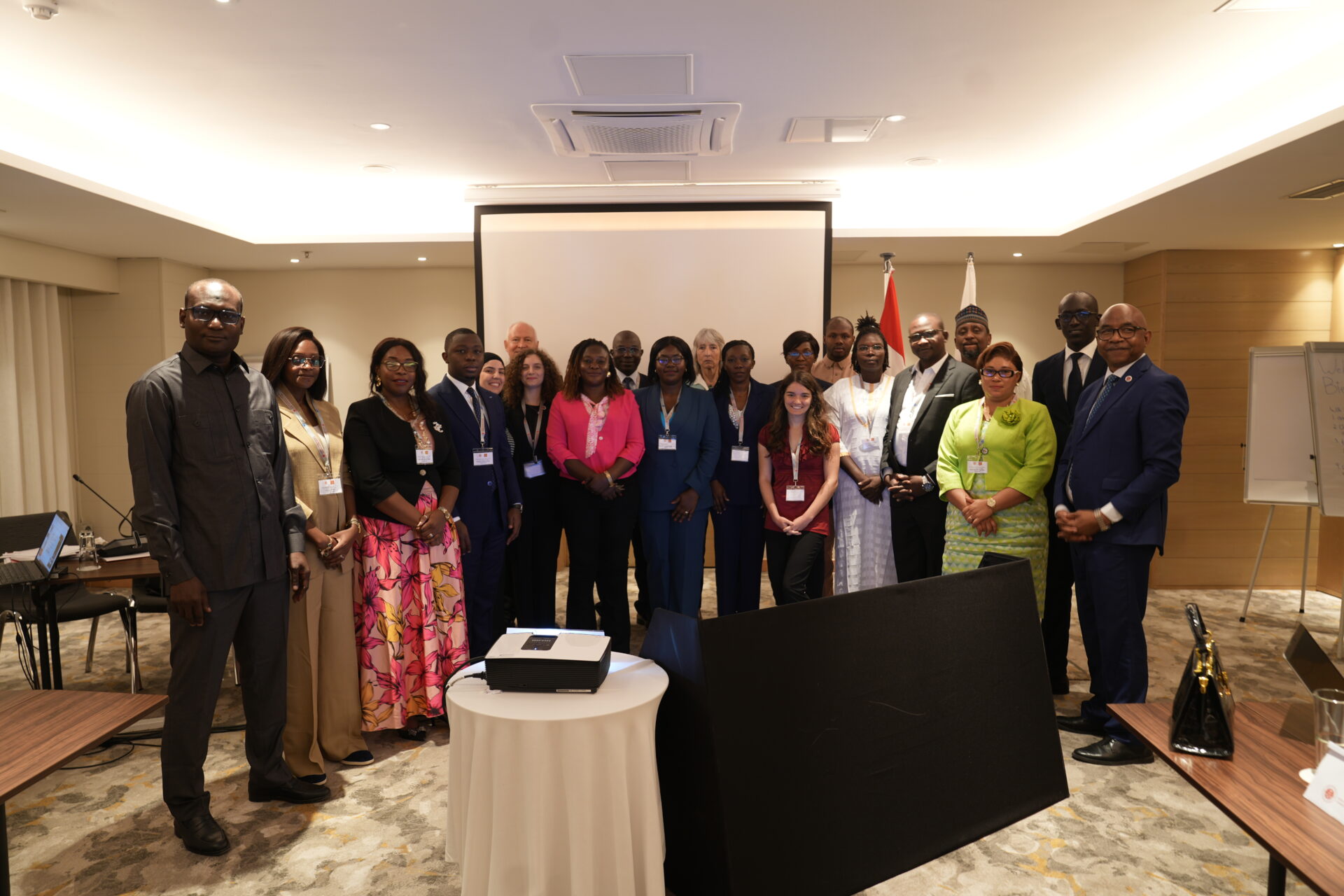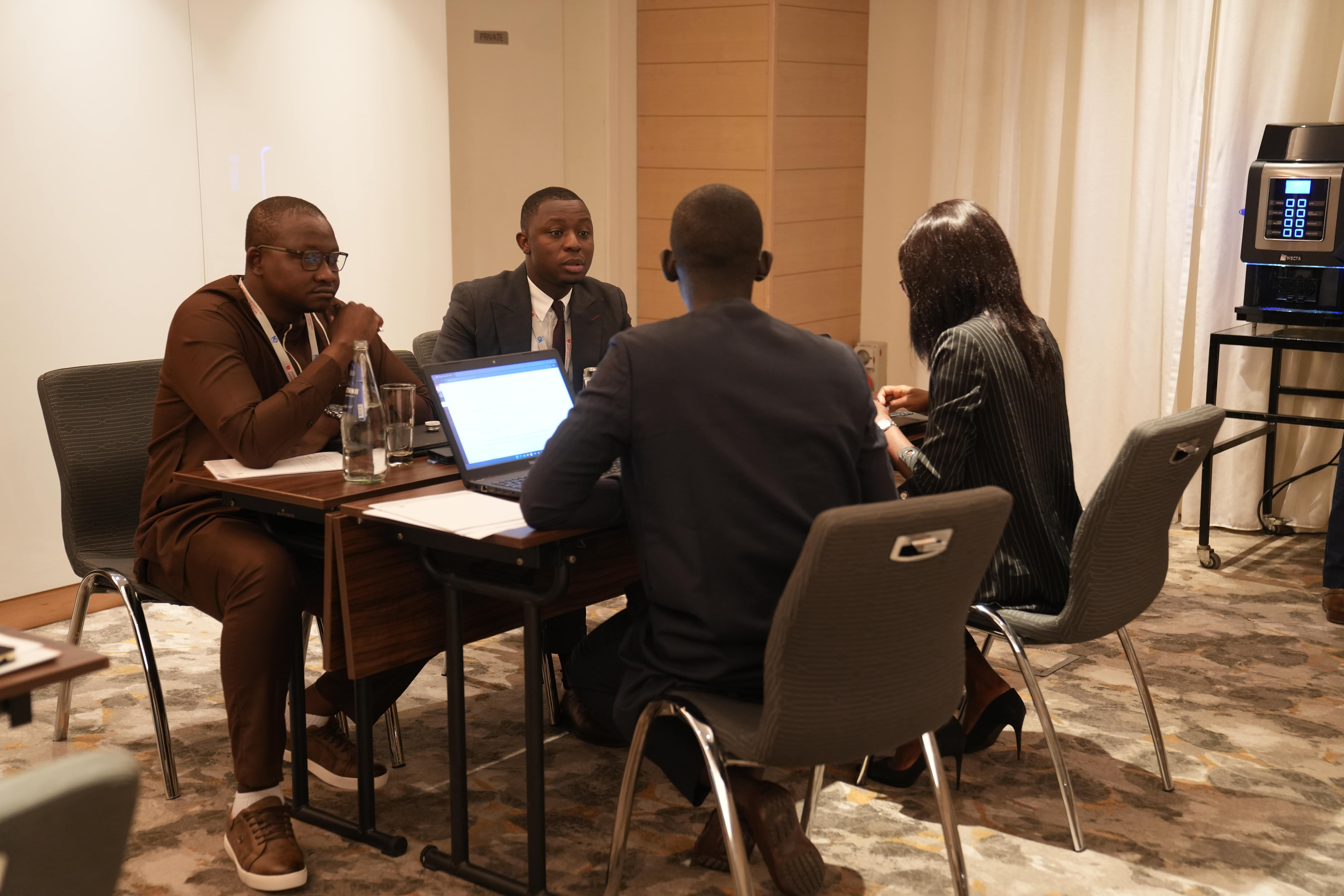
From September 23 - 27, 2024, the IIJ Academic Unit, with generous support from the support to from the Government of Denmark’s Peace & Stabilisation Fund, successfully delivered an intensive Counter-Terrorism Academic Curriculum (CTAC) course for 18 investigators and prosecutors from Benin, Cameroon, Côte d'Ivoire, Mauritania, the Central African Republic, Senegal, Chad, and Togo in Malta. The course aimed to enhance the skills of participants in handling terrorism cases by deepening their understanding of essential topics such as respect for fundamental human rights, advanced investigation techniques, international best practices, and the importance of judicial cooperation for mutual legal assistance and extraditions.
In line with the peer-to-peer approach and the ‘flipped learning’ method integral to the CTAC course, participants engaged in group exercises, discussions, and expert-led lectures. The course was facilitated by IIJ Resident Fellow, Prosecutor Mr. Samna Cheibou, alongside experienced experts including Mr. Seidik Abba, a consultant and analyst specialising in the Sahel and Lake Chad Basin region with extensive experience in international development organisations and Editor-in-Chief for several news outlets in Europe and Africa, and Mr. Fabrice Cuvillier, a retired Commander of the French Police with extensive experience in judicial police work and specialised in post-attack investigations and crisis management. Mr. Claudio Gramizzi from Conflict Armament Research contributed specialised sessions on the exploitation of seized weapons, ammunition, and improvised explosive devices (IEDs) in counter-terrorism proceedings.
The course included presentations by the participants outlining the terrorism threats faced in their respective countries. This was followed by expert-led sessions covering a range of critical topics such as the emergence of the terrorist threat in the Sahel, Gulf of Guinea, and Central Africa. Participants delved into discussions on multi-site attacks, crime scene management, arrests, and the analysis of intelligence and evidence, complemented by engaging group exercises. Key topics also included: financial flows and terrorist assets, witness protection and the complex relationship between terrorism and organised crime.
The success of this CTAC course underscores the importance of continuous professional development and collaboration among justice practitioners in counter terrorism investigations and prosecutions.

The following quotes illustrate feedback from the course:
"I sincerely thank the IIJ for giving me the opportunity to enhance my knowledge by participating in this enlightening training, both through the teaching modules and the sharing of experiences. It has truly been an opportunity to create a network for better cooperation in the fight against terrorism."
"As for the training received, from online to face-to-face, it should be noted that the debates were relevant, and the quality of the training and the speakers was remarkably appreciated by all the participants. However, there is a need to increase the number of these types of training courses in order to further strengthen our capacities and to enable us to share with our colleagues in other countries the best practices and experiences we have acquired as a result of joining the CTAC."
By equipping investigators and prosecutors with advanced skills and knowledge, the IIJ fosters a more effective and coordinated response to the ever-evolving threats posed by terrorism in the region. The CTAC not only enhances individual capacities but also strengthens collective efforts and responses of countries in the region to uphold justice and protect human rights in counter-terrorism efforts.
